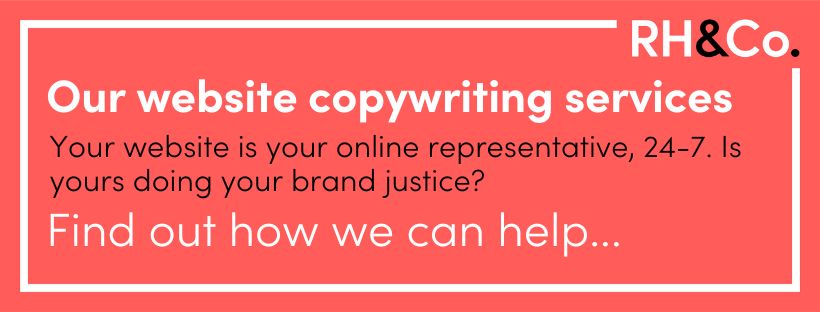

5 reasons why you need an FAQs page
It’s not the sexiest page on any given website, which means it can often be overlooked. But the humble FAQs page is actually an extremely important one, which every single business should prioritise. Here’s why.
TL:DR
- It’s useful for your audience
- It stops you from repeating yourself
- It qualifies your leads
- It’s good for getting keywords in
- And there are other SEO benefits too
- In support of the humble FAQs page
1) It’s useful for your audience
This is the first and most important factor to take into consideration, because – as with all of your marketing – your audience needs to come first. A good FAQs page will provide real value to your website visitors, answering many of the questions they have and ideally helping them move along the buyer journey towards working with you.
Start by thinking about the questions you’re asked regularly. What about the objections you meet during sales calls? Are there any mistakes people make when doing business with you that you can preempt with a clever FAQ?

2) It stops you from repeating yourself
Answering questions you often get asked will save you time too. Next time you get an inquiry about one of the issues that is included in your FAQs page, simply direct your correspondent with a link or copy and paste the answer into the email.
You can repeat FAQs in different places too. For example, you might include a few relevant ones on each of your product or services pages. We also share ours on social media, giving us extra content for our content calendar.
3) It qualifies your leads
Once you’ve covered the questions that your audience already has, think about how you’d like to educate them. This is a great way to avoid awkward conversations with people who just aren’t a good fit for you.
For example, on our FAQs page we have a question about whether people can get a discount if they provide us with some draft copy. The answer, in a nutshell, is no. But we’ve used the FAQs page to set out the reason why in a friendly way.
The fact that it’s there for everyone to read means no one will feel like we’re saying no just to them. It’s not personal, it’s policy.
4) It’s good for getting keywords in
Having a well written FAQs page is good for SEO in a number of ways. First, it is a page which by default has a lot of H2 subheads, in which it is quite natural to find a large number of keywords.
For example, our FAQs page includes questions such as:
- What does a copywriter do?
- Copywriter vs content writer – what’s the difference?
- How can a copywriter add value to my business?
All are genuinely questions people have and want answered, but they all contain important keywords that will give us a boost on Google.
The fact that they’re phrased as questions is a bonus, as many people are now searching this way thanks to the advent of voice-activated search.

5) And there are other SEO benefits too
If you’re clever, you can use your FAQs page to create internal links to other content. For example, we have a question about how to prepare for a copywriting briefing. We also have a blog post on the subject, which the FAQ links to.
If someone reads the FAQ and then clicks through for more information, we reduce our bounce rate (the frequency with which someone arrives on a page and leaves without clicking through to another) and increase our dwell time (the length of time someone stays on the website).
In support of the humble FAQs page
From both a human perspective and an SEO one, from your perspective and your customer or client’s, an FAQs page is a useful tool. It’s also super easy to write, as the formatting is naturally simple and formulaic.
You can get that little bit more creative and group your FAQs by subject type or category if the page is getting crowded. If space is an issue you can also hide the answers so they only appear in a pop up box when someone clicks on a question. It may be helpful to have a search box or a form where people can submit their own unanswered questions.
But ultimately if you’ve not got anything yet then just start somewhere and let the page grow as your business does. It might not be the most exciting page but it’s all adding to the effectiveness of your site as a whole.
Back to hompeage






